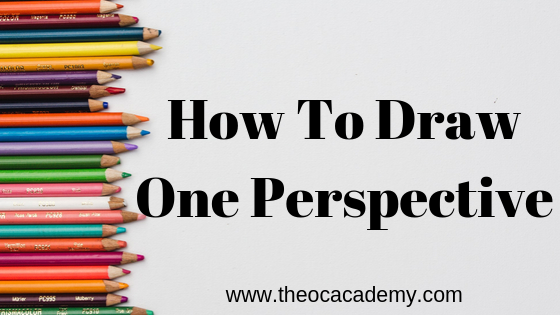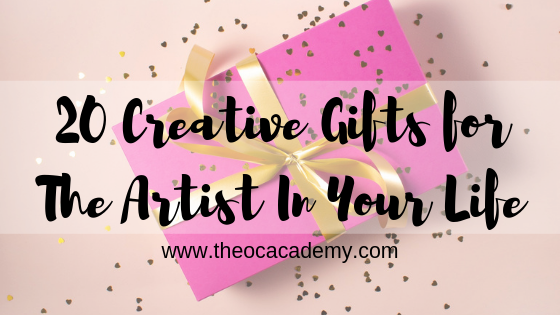One of the hardest things to do when you are beginning a new story can be the initial sit down. You most likely have 101 ideas running through your mind and no idea of where or how to lay them all out. This is where story concepts and planning comes in. When you create a story concept, you are virtually determining what it is that you are creating and why in regards to your story. In this post, we will be covering what you are making and why, as it pertains to your story.
What Are You Making?
Fiction | Fiction describes imaginary events and people. There are best known to be in the forms of poems, novels, and short stories. Fiction works are very popular, especially when it comes to genres like romance, horror, adventure, mystery, and thrillers. People want to be taken on a ride. Once you know the genre in which you wish to write, then you can determine what it is that you are writing.
Non-Fiction | Non-Fiction works are great whenever you are addressing real-world events or things that have happened to you personally. This doesn't mean that you can only write about things that have happened to you personally. But it is a good starting point to make a point to write about what you know (this can go for fiction as well). Nonfiction works are based on facts and reality, such as history, biographies, how-to, personal growth, fitness, etc.
Medium | How is it that you are going to deliver your work? Are you going to be making an animation, write a novel, create a webcomic, a pamphlet? The medium that you choose to package your work in is going to impact how the information is presented and, ultimately, who is going to be consuming that information. Many people read but not everyone, many people like comics... but not everyone. Many people like animations... but not everyone. See a trend here? A part of knowing what you are making is knowing how to deliver it and who to deliver it to.
More About Audiences Here
Why?
The day's million-dollar question. Why is your story worth consuming? Why should your audience pick up your book and flip through the pages? What is your offer that cannot be refused? What journey are you taking your audience on? These are questions that you should be answering BEFORE you start fleshing out your story.
Why is This Story Worth Telling?
What is the goal of your work? Who are you looking to create for, and what is it that you are trying to tell them? Here we will look at your potential audience and the morals or messages that you wish to convey to them.
Audience | What story are you looking to tell, and why? Who will it help? Who might it hurt? Who could it inspire? Who could it enlighten? When you tell a story, you are essentially delivering a message. Your work is a resource for those looking for some sort of information to consume. Now, the nature of that information can vary greatly (entertainment, facts, enlightenment, etc.), but the outcome remains the same. Your potential audience is looking for content to consume that they are lacking or in need of, thus they have come to you for a fix. How are you going to provide them with the answers or resources that they require? This is where you start to address the why of your story. What is the reason that you need to tell your story?
Morals and Messages | What is it that you want to want to say? What message or morals are you trying to highlight and share with your audience? Whenever you have a message, you should consider the delivery. Just because there are 101 ways to say something, doesn't mean that you need to say it. My mother tells me all the time. If you ain't got nothing beautiful to say, then don't day anything at all. So remember the delivery methods and how you want to go about doing so.
How To Grow A Concept?
Ideas are meant to grow. Especially if you want to turn it into a story, regardless of the length. When you have a story concept, you would first think broadly and then narrow everything down to the most minute (small) details. During this process, you are going to want to weed out the irrelevant facts and what have you. One of the methods that I use, whenever I am looking to grow or expand upon a concept, is to grab a blank sheet of paper and mind maps. Starting with a broad topic and branching out into smaller ones and whenever I come upon a new topic that is also related to one of the more minor details, I create that new topic on another sheet of paper, and then I join the ideas. Once I am done, I go out and by a more massive sheet of paper, and I write everything out on it, combining my small pile of ideas into a more extensive, more thought out and a piece that I can use as a map for my outline and story in general.








0 Comments